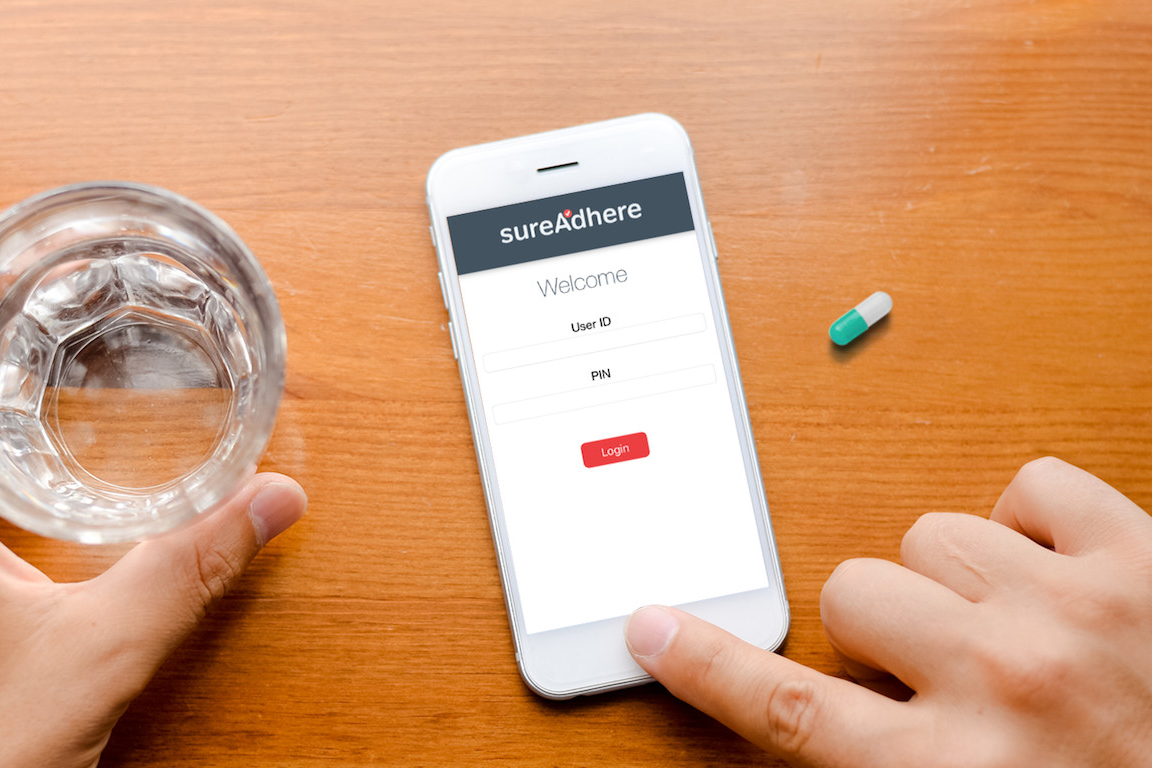Depression is a major public health problem affecting over 300 million people worldwide and more than 16 million U.S. adults. Depression patients often struggle with remembering to take their daily medications due to a number of factors including simply forgetfulness.
Researchers have found that reminders to patients through mobile text messages are effective in reducing missed medication doses, but there is no way for providers to confirm that the patient actually took the medication.
Until now.
Video directly observed therapy (VDOT) can assist healthcare providers in confirming patients’ daily medication adherence. VDOT is a smartphone-based application that sends to providers a patient’s daily self-recorded videos of them taking their medications. The videos remain confidential through encryption software and on a protected server.

“VDOT is an existing technology that can not only improve patient medication adherence but also improve patient-provider communication in this population of patients with depression,” says Riddhi Doshi, a postdoctoral fellow at the Center of Population Health and Division of Behavioral Sciences and Community Health at UConn School of Dental Medicine.
According to Doshi, VDOT technology has already been used successfully among tuberculosis patients to serve as a low-resource alternative to directly observed therapy by healthcare providers. In addition, in U.S. and international studies patients have shown high acceptance and satisfaction with VDOT technology.
“Our research study is the first application ever of this cutting-edge technology among patients diagnosed with a mental illness – a potential paradigm shift in mental health care,” says Doshi, the research study’s principal investigator.
The study will measure the effectiveness of VDOT mobile app technology to improve medication adherence. The clinical trial is enrolling patients with symptoms of depression taking prescribed antidepressant medications. They are randomly assigned to two groups, one either receiving the VDOT app on their phone and the other receiving usual care by their provider.
The VDOT phone app works by sharing a simple reminder with the patient before each medication dose and prompts them to record a video every time they take their depression medication. The VDOT app then sends the video to the research team.
“This innovative application could make a major contribution to the clinical management of depression by demonstrating the effectiveness of new potential technology to help patients remember to take their medicine and providers to monitor their patients’ medication adherence,” adds Doshi.
Doshi’s innovative research project was funded through a grant from the Brain and Behavior Research Foundation.
The project is a unique research collaboration between UConn’s dental school and the Department of Psychiatry at UConn’s medical school. Doshi’s faculty mentors are Dr. Robert H Aseltine, Jr., professor and chair of Division of Behavioral Sciences and Community Health at UConn School of Dental Medicine, and Dr. Jayesh Kamath, associate professor of psychiatry at UConn School of Medicine. This study is currently enrolling participants, and is being conducted at UConn Health’s Outpatient Psychiatry Clinic with the assistance and support of the Department of Psychiatry’s study coordinator, Ms. Galina Prpich.
If you’re interested in enrolling in the clinical trial at UConn Health, please contact the study coordinators at (860) 679-7539 or (860) 679-8848.



